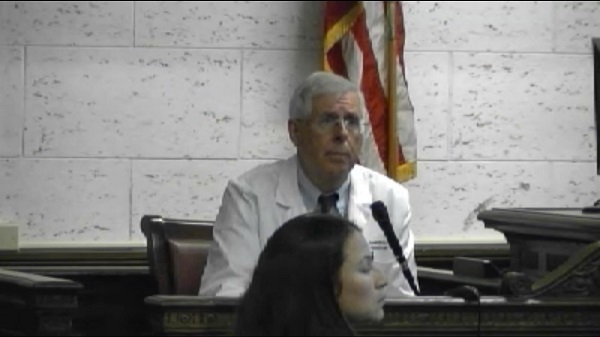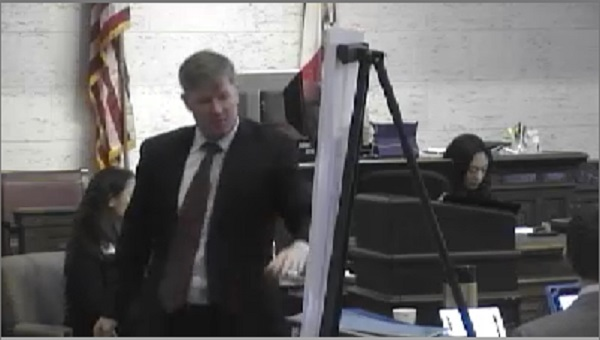Edward Caprio v. Philip Morris, et al.
Fort Lauderdale—As trial opened Wednesday, Edward Caprio's lawyer, Steven Hammer, told jurors how he believed an addiction to nicotine, not a choice to smoke, left his client tied to an oxygen tank and unable to successfully quit cigarettes until last month, years after he had been diagnosed with chronic obstructive pulmonary disease.
"It's been said that silence is golden, but for Ed (Caprio), when he's sleeping, if this (Oxygen) machine shuts down, and becomes silent, it's a death sentence," Hammer said. "Nobody chooses to be strapped to an oxygen machine. Nobody chooses to walk around with a walker, strapped to an oxygen tank," Hammer, of the Law Offices of Sheldon J. Schlesinger, said.
Caprio 72, is suing Philip Morris, R.J. Reynolds, Lorillard and the Liggett Group, makers of the cigarettes he claims led to his COPD and eventual lung cancer. Caprio claims he began smoking when he was 15, and argues that his nicotine addiction was so powerful that he was unable to completely give up smoking, even after being diagnosed with COPD in 1996 and subsequent lung cancer.
Hammer told jurors that Caprio's nicotine addiction was fueled by tobacco industry's "engineering" of cigarettes and its concealment of smoking's dangers in order to maintain and increase market share. "If you don't sustain that addiction, you lose customers," Hammer said. "And that's what's important to these companies, their customers. Not the health of the customers, but the money of the customers."
However, Philip Morris attorney Walter Cofer, of Shook Hardy Bacon, countered that Caprio successfully stopped smoking decades ago, when he went without cigarettes for six months during the 1980s. Cofer told jurors Thursday that the six-month period was more than enough time to move through the typical nicotine withdrawal period. Cofer told jurors that Caprio's decision to resume smoking was based on a choice and that it was that decision that led to his lung cancer and COPD. "How would things be different if in the 1980s, when Mr. Caprio... went without smoking for six months, (he'd) stayed quit? The answer is simple: we wouldn't be here," Cofer said.
Neither the parties' attorneys nor tobacco company representatives could be reached for comment.
Coming next week: Caprio's attorneys will move into the central issues of their case.






